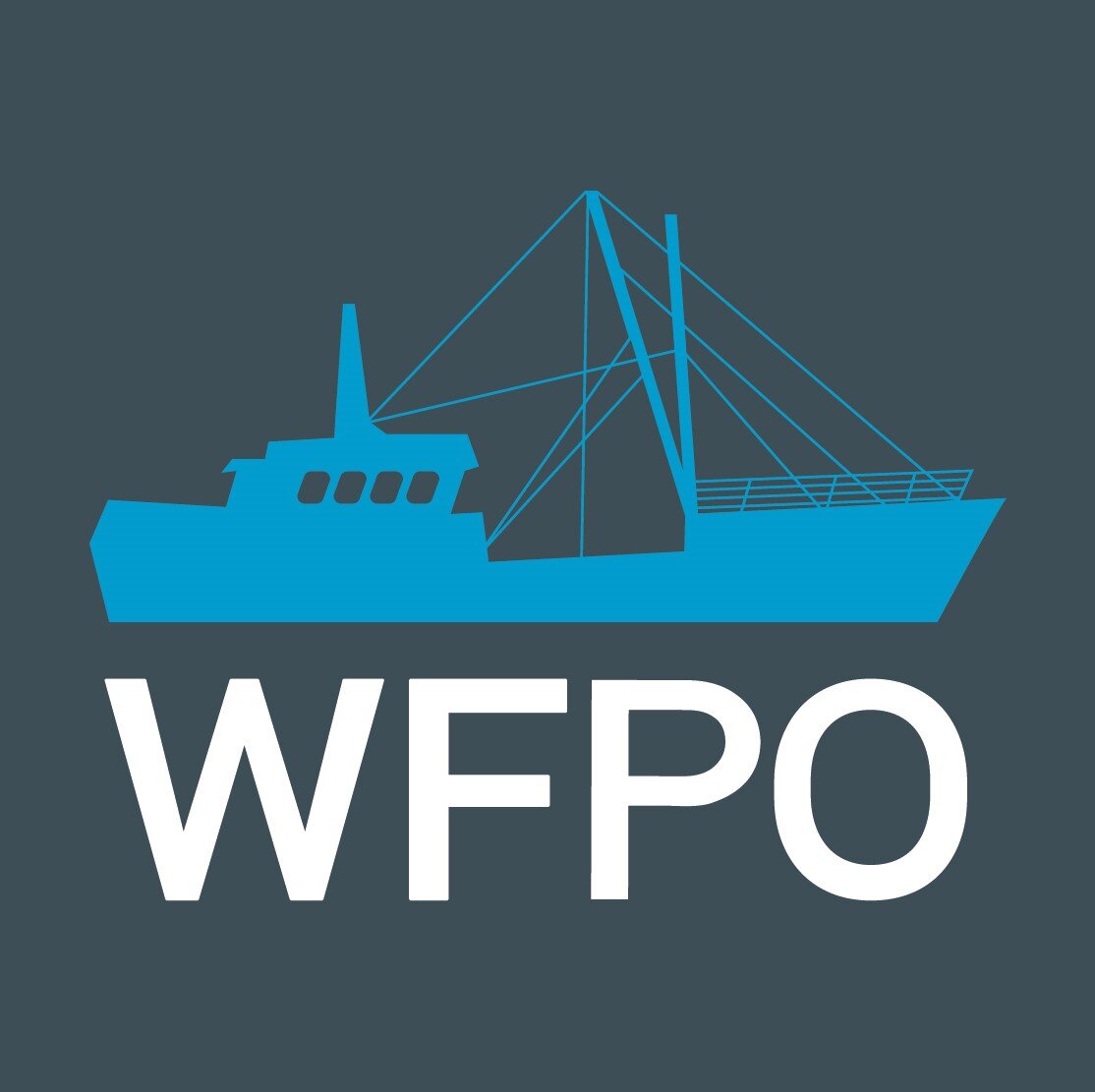WFPO Statement on the Brexit Agreement
The reason for the fishing industry wanting to leave the EU was the unequal share we get of the fish in our waters, and the rigidity of the EU fisheries policy. On the surface, the headline is that we have gained 25% more quota, in reality the key is which fish stocks have we gained quota in. A third of the quota gained is mackerel, which is only fished by a few big companies. The industry has only gained 3-10% increases in the quotas that are really important to the majority of fishermen. Essentially, we have been given the quota that the EU did not want.
Other detail includes a decrease in flexibility on quota swapping internationally, which will have a huge negative impact on the fishing industry, as the flexibility to swap quota allows us to deal with changing fish distributions with climate change. It means that for some stocks we will now have less access to quota than before and will actually be worse off.
A bottom line for the industry was to gain exclusive use over our inshore area (6-12nm), as we are not allowed into this area in EU countries. In this aspect the government has not levelled the playing field and it is a bitter disappointment, as we felt we had been clear this was essential to achieve in the negotiations. Most people are unaware of quite how unfair the UK’s deal was, and will continue to be, when it comes to access to the inshore.
Tariff-free trade is of course a positive, and the negotiators had a difficult job to secure this. It is also good that we have retained the ability to make our own decisions on management, this will allow us to fix some of the issues of not being able to apply the same management to EU vessels as we do our own. We need to ensure our government uses this ability from the very first moment the EU vessels have access.
It is good that fisheries decisions and other industries have been decoupled in any future negotiations, but the EU does retain power to apply tariffs to seafood products if we make any future changes to their access to waters, so essentially, we are bound to this deal in perpetuity.
Fishing and seafood businesses have taken financial hits already in this long transition phase due to the uncertainty, extra paperwork and having to prepare for every outcome. This chaos continues into next year as the government do not yet have solutions to a lot of the changes that will be upon us from January 1st. For example, neither side can actually access each other’s waters until new licences are issued, and the level of access for non-quota fishing has not been determined. The government let the charade play out until Christmas eve, so they could be the hero bringing home a deal for Christmas, but this was irresponsible as no one has any time to debate the deal or put in place the necessary processes for January 1st. There are still many questions unanswered that mean disruption and lost income as we have had to cancel fishing trips at short notice.
Overall, much less has been delivered than was promised. Now it’s down to the government to make this new situation work and help grow our industry as promised.

